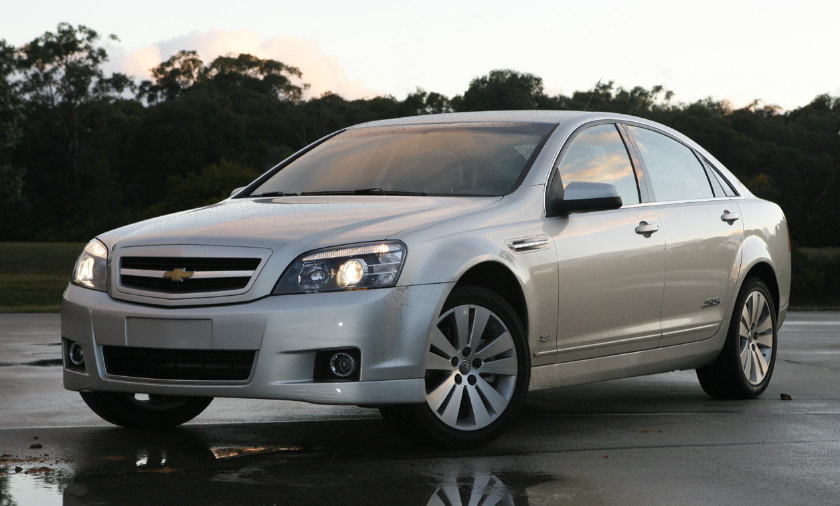
The 2009 Chevrolet Caprice SS, sold in the Middle East but made in Australia.
I came across a 2017 interview with former Holden chairman Peter Hanenberger, who was in charge when the company had its last number-one sales’ position in Australia. His words are prescient and everything he said then still applies today.
He spent over four and a half decades at GM so he knows the company better than most. Since he departed in 2003 he had seven successors at the time of the interview; and I believe there have been a couple more since.
A few interesting quotes.
‘It’s [now] a very short-sighted company.’
It feels like it. The sort of retreating it’s done, the dismantling of global operations, and the failure to see how global platforms can achieve economies of scale is something only a company beholden to quarterly stock price results will do. And it doesn’t help its longevity.
Even Holden, which looked like it was going to simply depart the passenger-car sector at the end of last year before a full withdrawal now, tells us that there doesn’t appear to be a long-term plan in place that the US management is committed to. Not long ago they were going on about the two dozen models they planned to launch to field a competitive line-up.
‘For me General Motors was a global player. Today General Motors is shrinking to an American company with no foresight, which is in very bad shape, which has missed the market.’
Remember Hanenberger said this in 2017, when it still had presences in many Asian countries. In 2020 it very much looks like GM will be in the Americas (where it still fields reasonably complete line-ups, although God knows if they have anything in the pipeline to replace the existing models) and China. Russia, India, Australia, New Zealand and Thailand are gone or going, and western Europe went in 2017 before the interview.
‘Maybe it fits into the vision of Trump; America first. But how the world is going to work also in the future is not because of America first and America only. It’s global. I think there will be no GM in the near-future.’
Everyone else is desperate to do tie-ups while GM retreats. I think GM will still be around but it’ll be a Chinese firm.
‘I couldn’t give a shit what they thought in America.’
I don’t mean this as an anti-American quote, but I see it as a dig against bean counters (whatever their nationality) fixated on the short term and not motorheads who know their sector well.
‘For me Holden didn’t have enough product, and the second one [priority] was I wanted to get these cars they had into export. For me it was very clear the products they had could be exported and they should go on to export.’
You saw the failure of this in the early 2010s when Holden failed to keep its Middle Eastern deals, and the US models returned. It could have been so different, though I realize GM was very cash-strapped when they needed the US taxpayer to bail them out.
Bruce Newton, who wrote the piece, says that the Middle East was worth up to 40,000 units per annum, with A$10,000 profit per car. It cost Holden A$20 million to develop them for left-hand drive. I’d have held on to that sort of opportunity for dear life.
‘There was nothing going on that was creative towards the future of Holden as in Australia, New Zealand and toward the export market. They just neglected this whole thing.’
That was Hanenberger when he visited his old workplace in 2006. With product development cycles the way they are, it’s no wonder they were so ill placed when the Middle Eastern markets lost interest in the VE Commodore and WM Caprice (as the Chevrolet Lumina and Caprice), and China in the Buick Park Avenue.
It’s an interesting interview and perhaps one of the best post mortems for Holden, even if it wasn’t intended to be so three years ago.
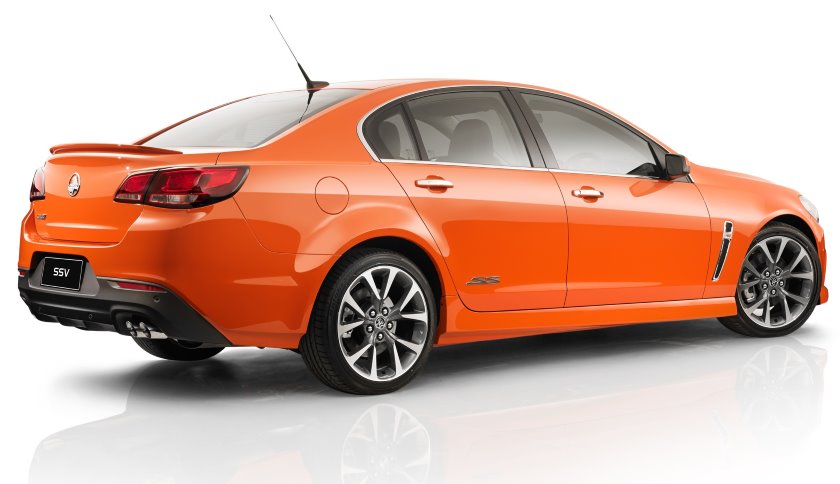

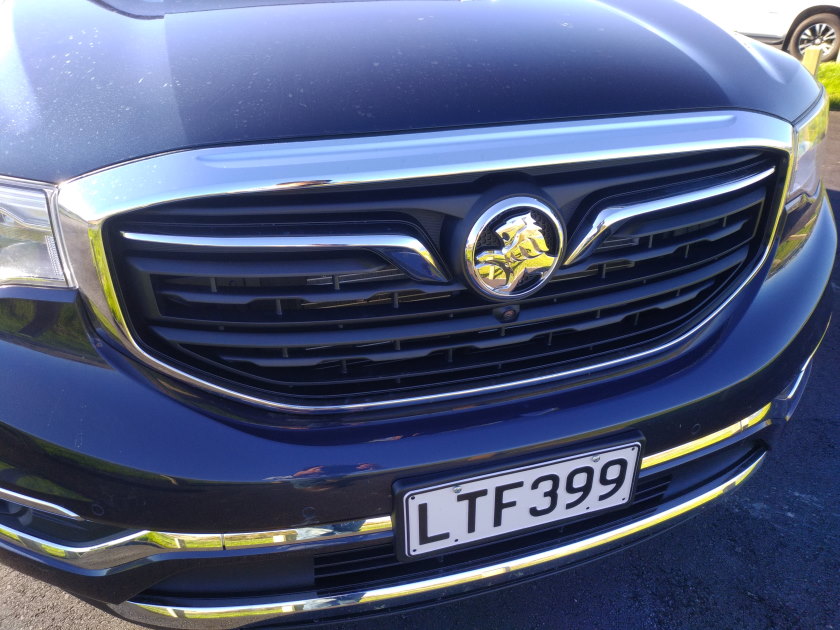

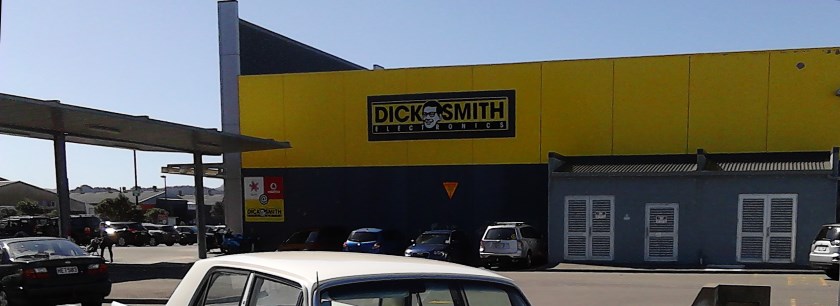
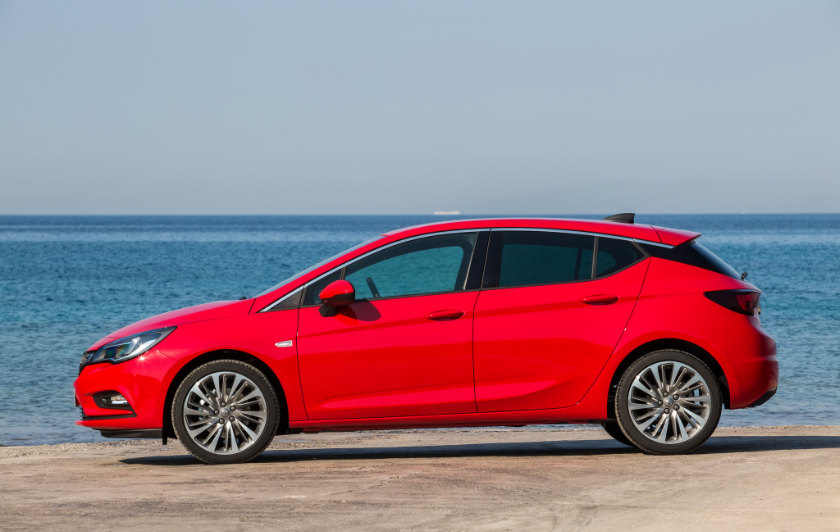


i do hope GM go under, and i work at a Holden dealer here in Australia. they will not be missed. bastards.
I have friends still working there, so I don’t wish that on them, but I will say that they’re certainly fading. The one thing they appear to do well with so many markets is quit.